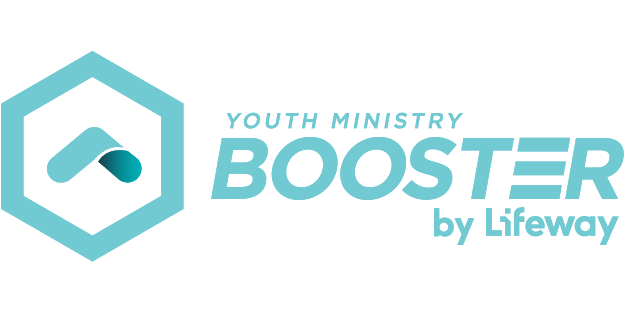Why Your Students Need a Reading Plan in 2017. -Andrew Harper
To be totally honest, I didn’t start reading the Bible on a consistent basis until I was in college. I didn’t read much of anything until I was in college. It wasn’t that I didn’t like the Bible or thought it wasn’t important, I just didn’t know where to start.
The Bible is a big volume with 66 books in it. Where would I begin and why would I begin there? It took finding a reading plan before my daily Bible reading took off. It gave me a rhyme and reason to the daily grind of jumping into God’s word. Sure, some days I didn’t feel like it, but I had a passage to check off, a place I was going, the hope I would soon finish Leviticus! I had a guide taking me through the Bible one day at a time, and the fact is your students need one too.
“It took finding a reading plan before my daily Bible reading took off.”
Of course, the main reason for having a reading plan is to spend time with the Lord. It is the best way to nurture your relationship with Him, to grow in Christ-likeness and to seek God’s will for our lives. Here are some practical benefits a reading plan can offer students that will hopefully carry on into their adult lives.
Biblical Literacy
I don’t know about you, but I usually find myself giving 10+ minutes to the explanation of overall biblical ideas during teaching time every week. Everything from who Noah was to why Israel is such a big deal in the Bible. This is not because I want to study more and impress all my students with my vast biblical knowledge, it is because I cannot assume most of them know what I am talking about. I have found that most students are simply Biblically illiterate, and so are many members of our churches.
You cannot just jump right into Jonah and expect students to know that Tarshish is the opposite direction of Nineveh or why he didn’t want to go there in the first place. In many cases, most students don’t have any context for a passage and how it relates to the overall narrative of the Bible. Therefore, having a reading plan can help a student understand the story of the Bible. Reading through the Bible gives them a context to fit passages in and helps them locate what part of the overall story they fit into.
Two great plans for this are in this One Year Plan for ambitious students and this one, a Three Year Plan, reading one chapter a day for students who are maybe just starting out.
Vocabulary Building
Justification, sanctification, propitiation, and redemption are all amazing words packed full of theological truth. They are words that describe the depths of the gospel and the foundation of our faith. However, many of our students have no idea what these words mean. They don’t know that sanctification is the process of becoming more Christ-like or that Christ is our substitute, our propitiation. Having a reading plan will put these words in their view and cause them to seek out their meanings. Having a reading plan allows students to become more familiar with the vocabulary of the Bible that is used in church services, conferences, and a plethora of Christian books.
A great reading plan for this is the One Year Plan through the New Testament. This can help them get more acquainted with the theological vocabulary used to describe the gospel and possibly allow them to see aspects of the gospel they haven’t seen before.
Habit Forming
We’ve all been there. It’s time for you to spend time in the word and prayer, but there are 100 things on your mind that need to be done. So you make a list, send that email, or make that phone call. It will only take a second right? Then 30 minutes later, your time is gone.
Our students do the same thing. They have the best of intentions. They are going to read right before bed, then the Xbox calls their name or they had practice that evening and are wiped out. There go the good intentions. Having a Bible reading plan helps make the practice of spending time with the Lord a habit, just like brushing your teeth, eating a meal, or having a date night with your spouse. Planning the time with the Lord already gives you a place to go in the word and leaves you looking forward to what will be read tomorrow. Having a plan to spend time in the Word can lead to a healthy habit of Bible intake that can carry on into adulthood. Another good plan for busy teens is the Foundations Plan by Robby Gallaty that includes devotional writings and a process for journaling about what you are learning.
As we kick off 2017, be sure to have some reading plans available for your students.
- Create an atmosphere of expectant Bible reading.
- Check up on those students who take a plan and ask where they are.
- Share what the Lord is teaching you through your reading plan. This can act as an everyday guide leading students to the scriptures and into a deeper walk with the Father.
About the Author: Andrew Harper
Andrew Harper is the husband to Amber, a graduate of Southeastern Baptist Theological Seminary, and the student pastor at First Baptist church of Altus, OK. He spends his time reading, drinking coffee, and schooling students in ping pong. His goal is to see students find their place in the mission of God.





